Marketing in a crisis
In extraordinary times, extraordinary measures force a change in the rules of the game. We saw the “three pillars” of society — the state, markets, and communities — work together to tackle the coronavirus, and it made me wonder how much more they could tackle if they worked together more often.
Work as religious experience
Many organizations aim to make the world a better place, to motivate employees, to create purpose. In many ways, these are spiritual questions, theological inquiries that business leaders struggle to define. What is purpose? What motivates people, and why? What is the “better place” for which we’re striving? They don’t teach you that in business school.
A note on narrative economics
Thanks to the Fed increasing interest rates this year, Americans are buying more homes. Housing starts, the figure economists use to track home building, fell 14.4% from April to May. At least one economist is worried.
Automating our jobs away
Well, contrary to my own estimates, robots are in fact pretty good with language. Unfortunately for me, an artificial intelligence program at JPMorgan Chase has created marketing copy that outperformed human copywriters.
Resting: The new productivity
In the shadow of work is rest. While we were created to work, we were also created to rest. The problem is that American culture isn’t very good at it. That’s because, as The Atlantic pointed out a few years ago, being busy is a status symbol.
Qualify, not just quantify
One of the things I love most about business is how tangible the world becomes. “What’s your budget for the project? What’s the timeline? What are our next steps?” Breaking down your tasks into the simplest components, quantifying the next steps, and creating clear paths forward — that’s the way to make the world a better place.
Research roundup on major themes
A few years ago we collected as many sources as we could find on important themes affecting Work Tech. Having found this recently in our internal library, I thought I’d share it with you all, as many of the themes are still present today. These themes and trends make it difficult for many leaders to understand how to communicate in a fractionalized, polarized world. We offer a few tips at the bottom.
Three trends shaping the employee experience
When all hell broke loose in March 2020, the world of work — and many other worlds — were forever changed. And those worlds we knew were over. Three major shifts occurred during that time that continue to plague us today.
Plato and the user experience
The wise teacher wrote in Ecclesiastes that there’s nothing new under the sun. Today, a popular topic of conversation involves the term experience—user experience (UX), customer experience (CX), employee experience (EX), and, regrettably, human experience (HX).
Simple, clear language for more efficient organizations
Because we are not omniscient creatures, we have to feel our way through life in the dark. One way to bring light to our surroundings is through language. Unfortunately, language is complex. On top of that, our limited nature is really good at overcomplicating things, and language is one of the things we overcomplicate.
How to podcast
So, you want to start a podcast. These days, it’s easier than you think. Let’s talk about video podcasting as well. Here are a few steps and tools to get started.
How to social media
Let’s talk about a tricky subject: social media. Do you post? How? About what? When? Lots of questions for Work Tech leaders here. Essentially, social media is best for creating conversations with your customers and the broader market. Yet in the age of “context collapse,” it can be hard to know what to say or how to say it. Let’s start with the basics. For everything else, come talk to us.
How to keep up with Work Tech
The news cycle is insane, even for Work Tech. It’s hard to keep up with everything that’s happening, from the employee experience to learning to talent management to the labor market. However, we’ve that found that quite a few sources come in handy for whatever you need to write, talk, or do your work.
How to write good

Welcome to a series on how to write good and how to do other stuff good too.
I’ll be sharing insights into how we do what we do here, including on writing, social media, podcasts, research, and more.
For the first installment, let’s talk about ticklin’ the keys. Here we’ll offer just the basics, but we’ll be discussing more over time. If you have any questions or want more resources for certain styles of writing, ask your humble content team.
How to more fairly decentralize decision making
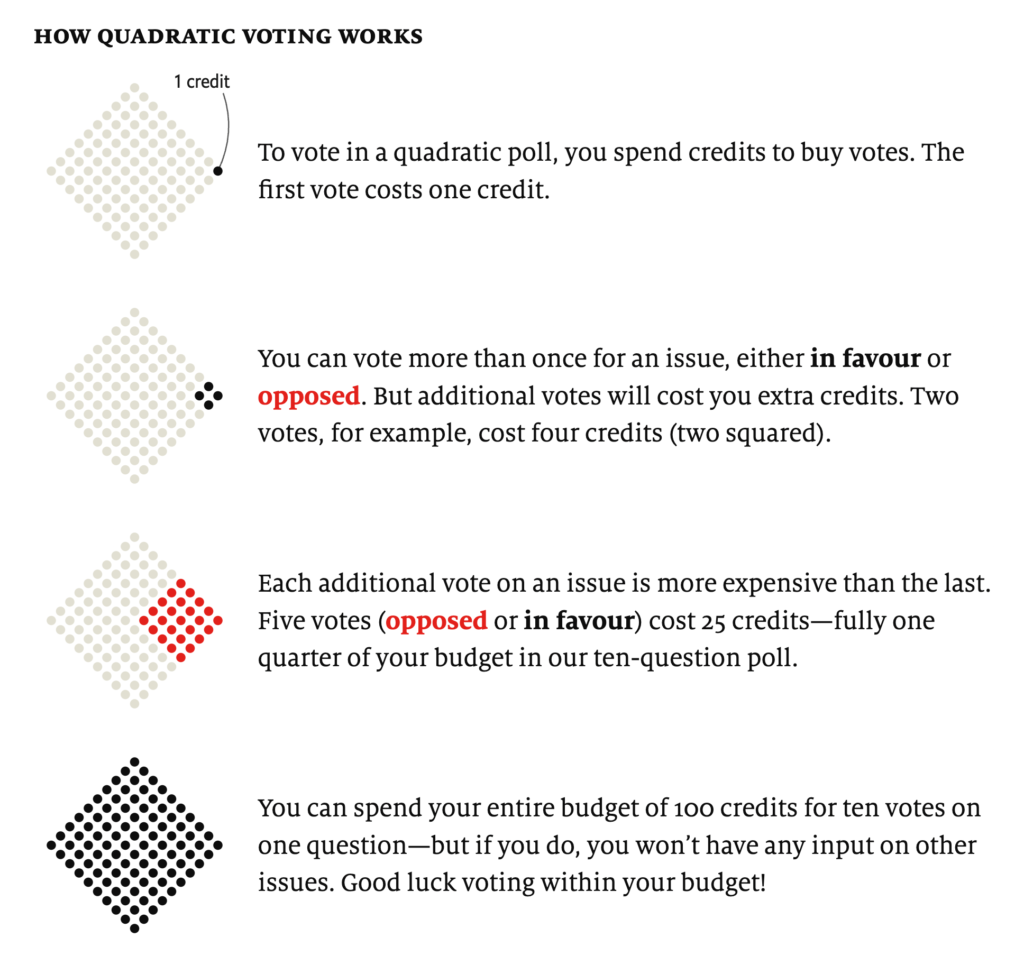
One of the great challenges in political philosophy concerns how to distribute decision making among many people. There are different methods for doing so, like democracies of course, but there are also plutocracies, oligarchies, republics, meritocracies, and many more.
A placial framework for experience

A lot of talk has circled around the idea of “experience,” but what does it mean? Even more challenging, how do you analyze it to know whether you’re creating a good experience for your customers, employees, and shareholders?
Why are tech stocks down so much?
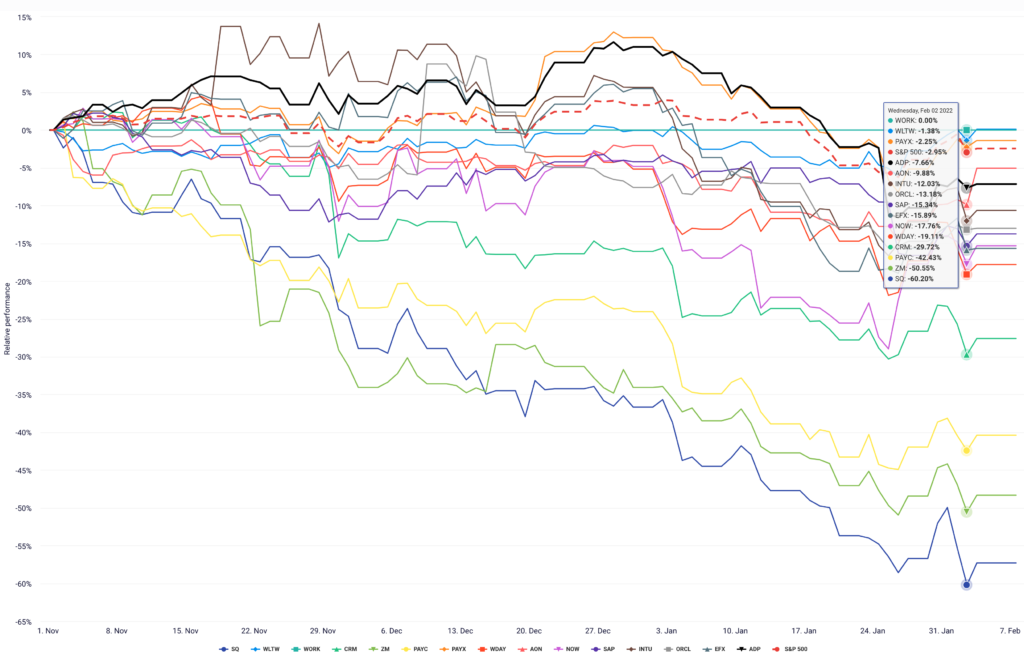
If you haven’t noticed, all your favorite tech stocks are taking a nose dive. What gives? Something very simple that you learn when you become a financial professional: the discounted cash flow model, or DCF.
Work tech market coverage: Initiated
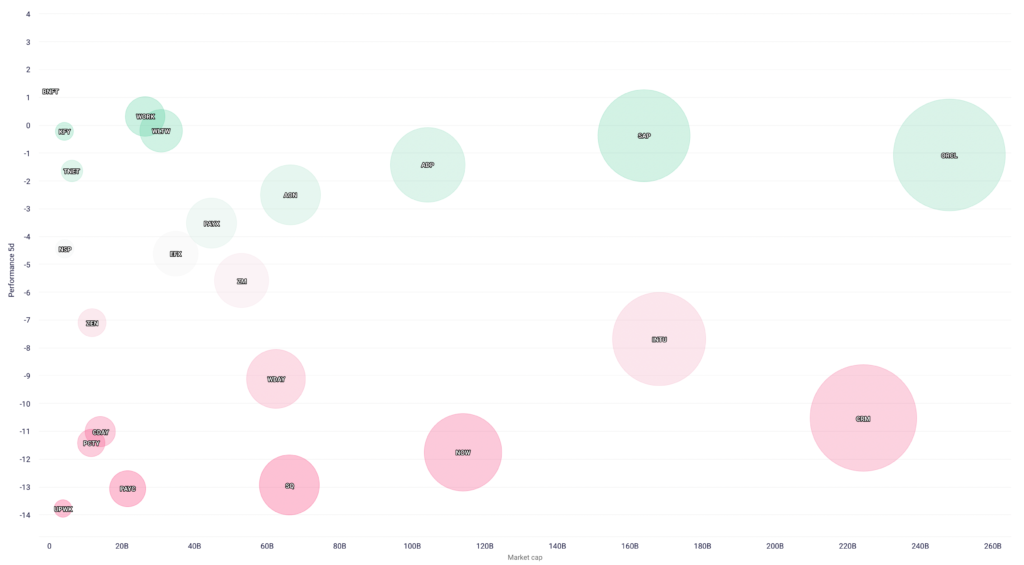
We’ll explore the top stories as well as the bottom ones. As a financial professional covering work tech (HR tech, HCM, whatever),
Slow and asynchronous is the way.
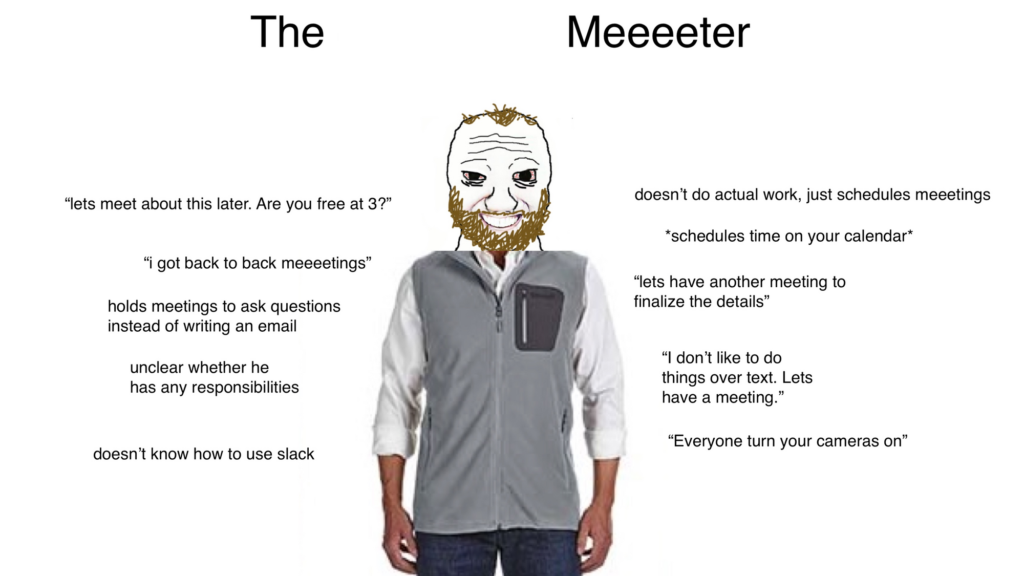
Work and workers are growing more fragmented. We’re scattered to the hinterlands, demanding when, where, and how we want to work. So, the way we work needs to change too. Two ways we can change the way we work is to slow down and asynchronize our communication. Here’s what I mean.
Podcast: Stay positive for pent-up demand
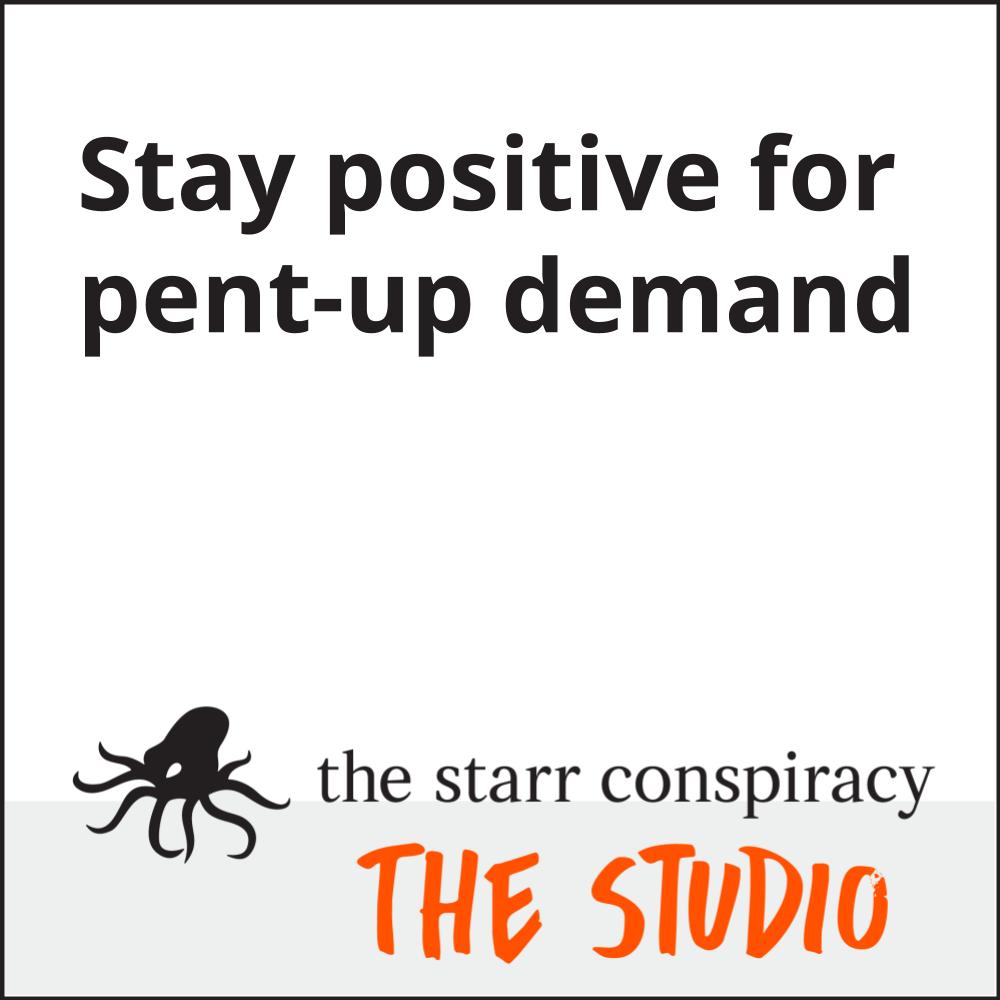
Stay positive. We think next year is going to be a blockbuster year for Work Tech.

